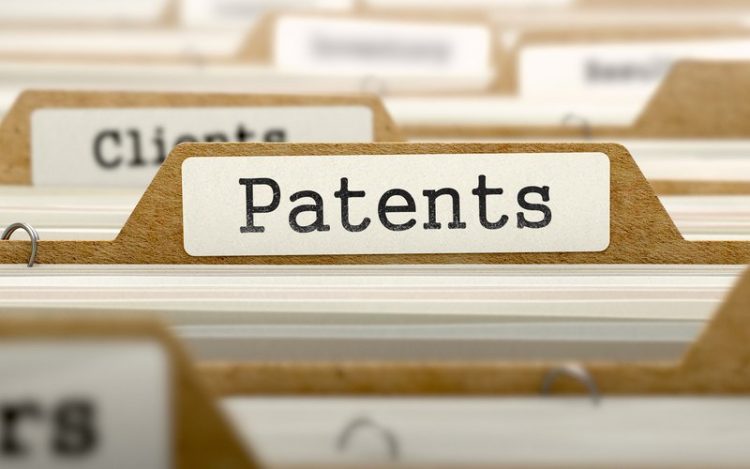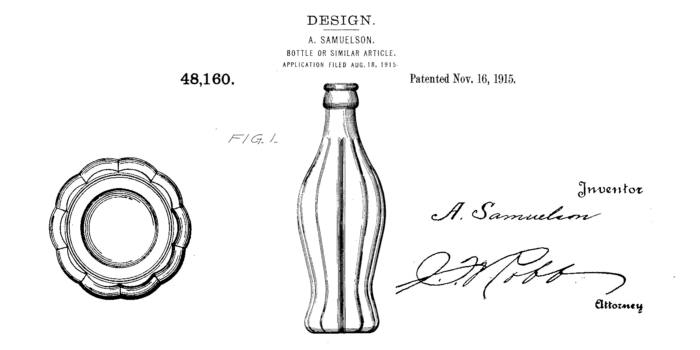
Making a new invention or engineering a new process. Whatever innovations you may have made, in whatever field, they deserve to be protected. And there are few things in the world that can protect such innovations as a patent can. But what is a patent, exactly? What does it do, and how does it work?
What is a Patent?
A patent is a form of intellectual property. It gives the owner the legal right to forbid others from producing, making, or even selling an invention for a certain amount of time. It is the inventor’s right to exclusivity, one that the patent defends. They help to encourage innovations that are useful to society and the consumer market. (See more about patents here)

Different Types of Patents
Patents can come into one of three different categories:
- Utility Patents- the most common out of the three. They grant protection to new chemicals, machines, and other processes. An example of something that may fall under a utility patent would be a new slow cooker, or a chemical that prevents hair loss, or even an oil that can stop cars from getting an oil change.
- Design Patents- this type of patent protects a manufactured object’s unique design or appearance; so the actual look of the product can’t be copied. Some examples of these include the original glass, curved bottle of Coca-Cola, or the logo for the Apple company.
- Plant Patents- this patent protects the invention and reproduction of new kinds of plants, like hybrids. One example of this would be the Irish potato or African violet.
What Makes Something Patentable?
For an invention or process to qualify for a patent, it must be novel, or completely original from other products. It must be non-obvious, meaning that the idea would be considered unexpected or a complete surprise in its field. Lastly, it must be useful; it must contribute to society in a beneficial and positive manner.
How Long do they Last?
They can last up to 15-20 years. Specifically, utility and plant patents can last for 20 years, whereas design patents can last up to 15. However, they require upkeep to maintain, such as maintenance fees. If the maintenance fees are not paid, then the patent expires, and the invention becomes the property of the public market.

Why Should you Get a Patent?
Besides the obvious protections that it provides, patents can punish someone who tries to copy or manufacture your design. This comes in the form of patent infringement, in which the guilty party is forced to pay fees that can be attributed to damages in pricing and royalties, attorney fees, and other costs. However, they can be expensive, and the process can last a long time. However, there are other ways to protect your invention, such as an NDA (Non-Disclosure Agreement) which forbids anyone you’ve shown your invention to from talking about it.
Click here for more information on NDAs: https://www.lawdepot.com/contracts/non-disclosure-agreement/
How to get a Patent?
The process of obtaining one can be a lengthy ordeal, albeit a necessary one. First, you have to apply for one; this has to be done within the year the invention was created and when you publicly disclosed it. Next is to send said patent to the Patent and Trademark Office, along with a non-refundable fee. If it’s eligible, another fee is paid, at which point the invention is not only published but protected by government law.
All of this is well and good, but even to a new inventor, processes such as these can be hard to navigate, especially without professional help. In cases like those, you want to hire a professional lawyer or attorney. More specifically, you want a patent attorney.

What is a Patent Attorney?
A patent attorney, as the name implies, is someone with experience in handling patents. To be specific, they specialize in intellectual property law. They help in securing and protecting you, the inventor’s, property rights.
How to Find a Patent Attorney?
To find a patent attorney can be as simple as looking through the yellow books or calling the number on a TV advertisement. There are no shortages of lawyers, much less so for those in intellectual property law. You can also find a website that helps with patent law and the application process.

Conclusion
Innovation is something that should be applauded. And its protection is something that should be even more coveted. Whatever bright ideas you have, whatever inventions and processes you have listed over the horizon, you want to make sure that they’re protected and exclusive to you and you alone. A patent can help you with that and help make your name in the market. So please consider protecting your investments and the work you put into them.
















